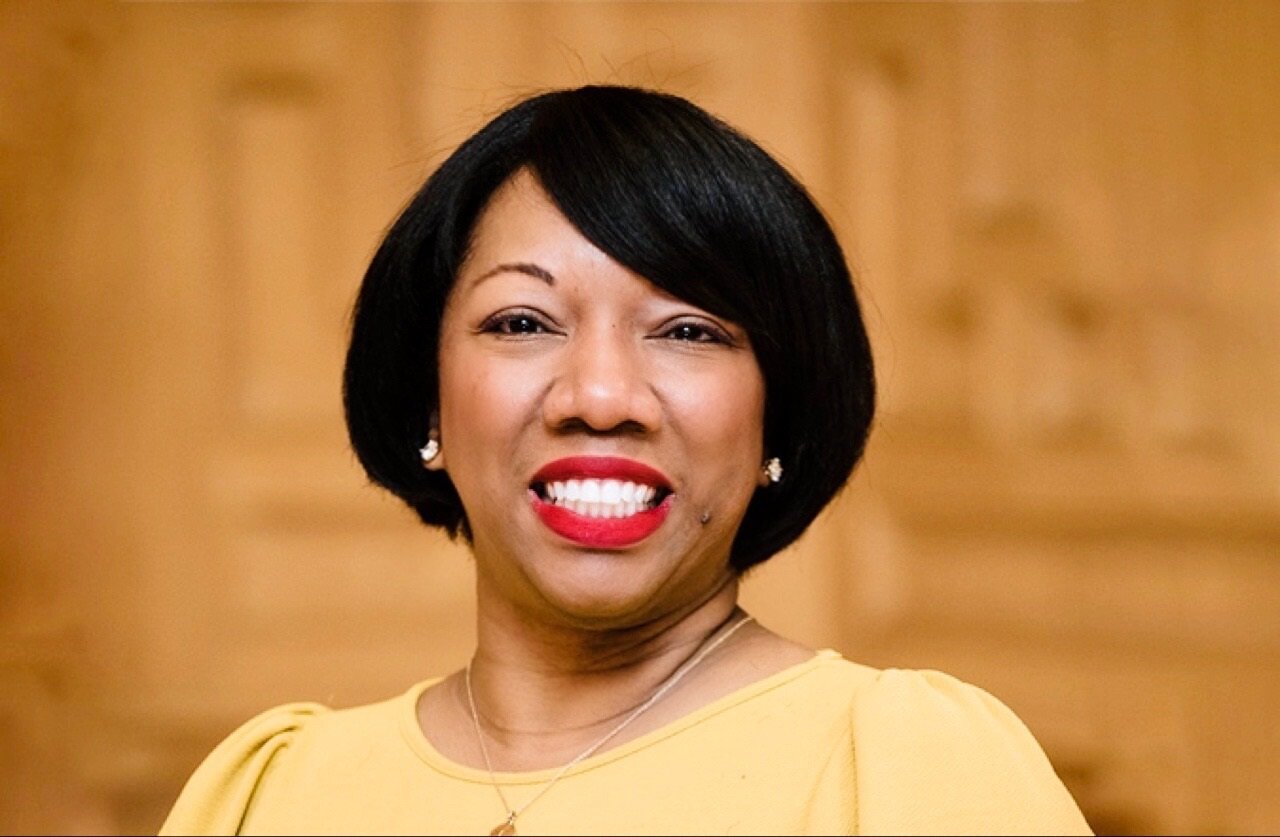Every year he has gone to the same school with the same kids in the same community. Until now he has been educated in a community that knew he was adopted. My striding brought him here. That’s why when relocating the mister and I did lots of research and chose the school before selecting our new home. We knew a good school was the key to his success.
Yesterday we visited that new school and we let him set the pace and take the lead. He shook hands, introduced himself, and let people know what he needed. When it was all said and done he said, “This new school is awesome!” For any parent that relocates with school-aged children, you know it was a great relief to us to hear him say that.
One thing we didn’t do was discuss the fact that he’s adopted with his new school administrators. Why would we need to share that at all? Being an adoptive family adds an additional lens to every aspect of our life especially as it relates to school. I think we didn’t touch on adoption yesterday because as he grows we are encouraging him to set the pace on what part of his narrative he shares with the world. It’s important that he knows he’s adopted but even more important that he decides who gets to know his story. Many adoptive parents don’t always understand that our children have the right to say who gets to know their story and who doesn’t.
The adoption process itself is in part to blame. When you are adopting, a big part of that journey is making it public. For those who require monetary support, sharing your story is a major part of that journey. A former adoption co-worker shared a story of meeting a dear friend’s new adopted daughter. After saying how cute the baby was she bravely asked: “So what’s her story?” What the adoptive mother said next, changed our adoption journey forever. She kindly responded with ”We are not comfortable with sharing her story with everyone when she doesn’t even know it. We’d prefer to keep it private for now.” I thought their stance was impressive. From that moment on, both the Mr. and I agreed that we needed to set firm boundaries on how we shared his narrative.
When he was younger, hubby and I navigated his story. Living in a small rural community at the time, it was important for us to set firm boundaries with who knew the details of his story and who didn’t. Now that he’s older and understands the concept of adoption he gets to determine who knows and who doesn’t. Even in sharing this part of our journey I needed to get his permission to post it.
Educators & Adoption
With that said, I do believe that it is important if not critical that teachers know if they have an adopted child in their classroom. In my professional and personal experience, some adoptive parents don’t always get why sharing that information is important. For our family, sharing that our child is adopted is very different than sharing his adoption story. Providing educators with information about our child’s specific needs help our son continue to learn and embrace his story. We believe our adoption story can be private but it should never be a secret.
I have found that in today’s modern adoption world there are many tools for parents and teachers to use that help with engaging in an honest conversation about adoption. My good friends at the Quality Improvement Center for Adoption & Guardianship Support and Preservation developed the easy to read handout entitled “What Teachers Should Know About Adoption.” As with any tool take from it what applies to your family and chuck the rest. Another tool that has been invaluable for our family is the WISEUP workbook by CASE. This tool helps adopted youth and their parents role-play how they would respond to tough questions about their adoption with peers.
Last night, I was discussing with our little man how he felt about his sharing his adoption story at school. What he shared was pretty mature if you ask me. He said, “I think teachers should always know I was adopted and I will let the kids know once I can trust them.” Here are three reasons we share that our son is adopted with his teachers:
Adoption Sensitive Classrooms - We want teachers to create adoption sensitive classrooms. It’s crucial that teachers know that some adopted kids are “grappling with issues related to identity, belonging, or attachment; managing complex and/or non-traditional relationships and roles with their birth family; experiencing loss and grief; and figuring out how to be in a family of a different culture or ethnic group.”
Assignments Matter - We desire a classroom that considers adopted children when selecting assignments, and celebrating holidays. Often, family tree assignments are difficult for kids who have been adopted. I do believe that assignments like these can help foster an intentional conversation with your child about adoption, however, it must be one that parents are aware of in advance. In addition, teachers may be open to modifying their teaching plans to be adoption informed.
Adoption Status - We want to encourage teachers to recognize that children might be sensitive about their adoption status. It will help teachers be aware of conversations that may come up in the classroom. For some children, difficult anniversaries impact their ability to learn. Teachers who are aware of this can be a help to their adopted student rather than a hindrance.
According to the Institute for Family Studies “Adoptive parents reported that an 83% majority of their children enjoyed going to school and nearly half - 49% - were doing ‘excellent’ or ‘above average’ school work.” With the right support and information educators can help their adoptive students thrive.







